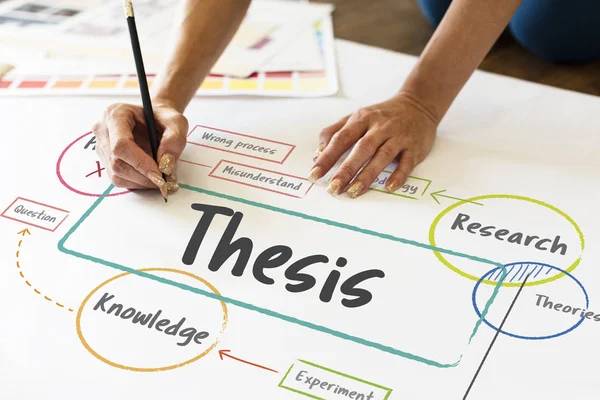The main contents are adapted to the situation that the degree project is expected to be carried out; the in-depth subject study, application area, academic or industrial environment, national or international etc
With a high degree of initiative and independence, formulate and solve an engineering problem by using a wide range of skills. The subject for the degree project can vary, but it must contain significant technical contents and include a clear application of mechatronics.
From KTH's established objectives for degree projects for Master's degree (120 credits) the student should be able to:
1. demonstrate knowledge and understanding of the scientific foundation and best practices for the chosen subject, as well as an advanced understanding of current research and development within the area and in-depth knowledge of research methodology.
2. demonstrate the ability to search, create and integrate knowledge and to identify if there is a need for additional knowledge, all with a holistic, critical and systematic work approach.
3. demonstrate the ability to identify, analyse, assess and handle complex phenomena, issues and situations also with limited information
4. demonstrate the ability to plan and with adequate methods carry out qualified assignments within given time frames and to evaluate this work
5. demonstrate the ability, both orally and in writing, in dialogue with different groups, to clearly explain and discuss conclusions and the knowledge and arguments on which these are based
6. demonstrate the ability to make assessments considering relevant scientific, social and ethical aspects
7. show such skill that is required to participate in research and development or to work independently in other qualified activities
Subject-specific aims:
After passing the course, the students should be able to:
- demonstrate advanced knowledge of the principles of the structure of a mechatronic system and its function
- suggest, explain and defend (industrial) design solutions for composite mechatronic products
- orally and in writing, in dialogue with others, account for and discuss one's conclusions, for mechatronic problems and solutions.
